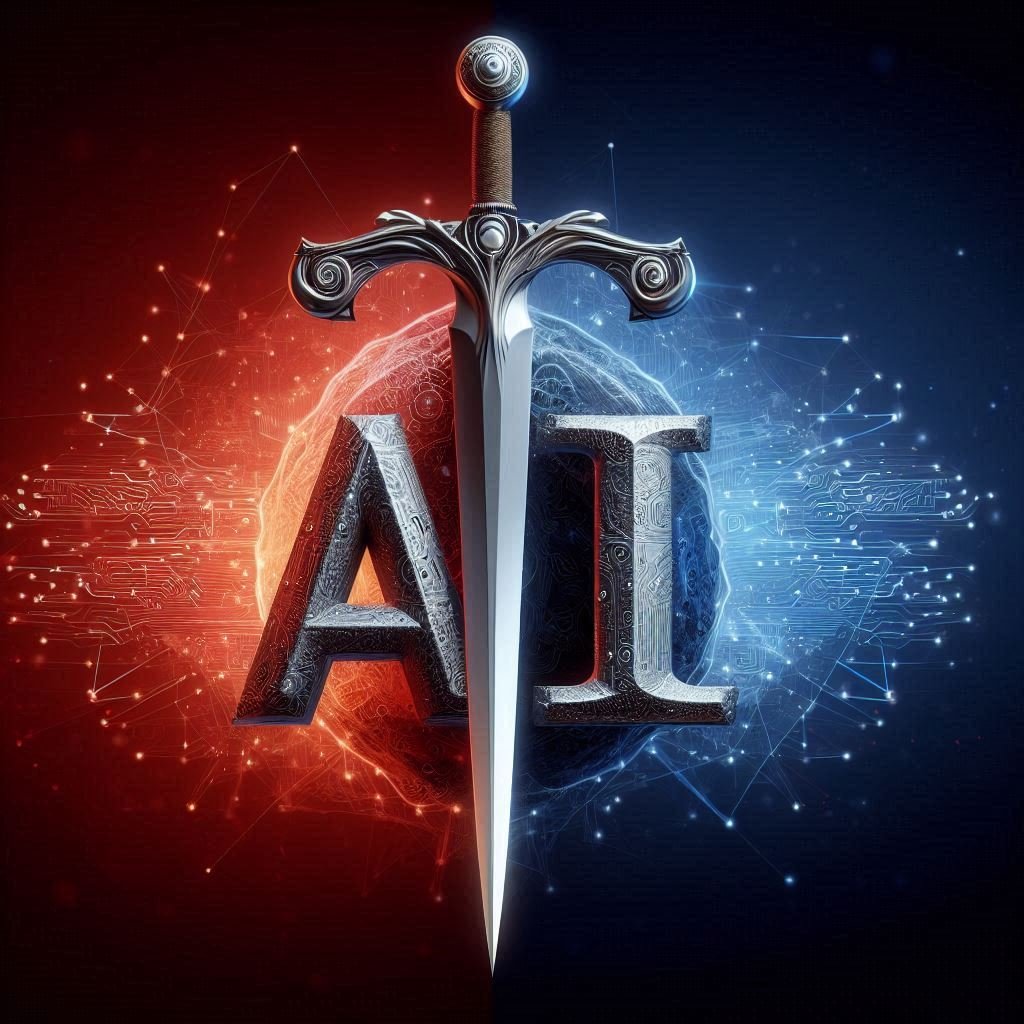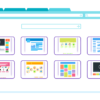Over the past decade, independent bloggers and writers have built an extensive digital library of thoughtful, well-researched, and personal perspectives. These creators have fueled the web with evergreen content, long before the rise of AI. Traditionally, search engines like Google or Bing directed users to these original blog posts—an ecosystem where quality content not only received visibility but also generated revenue through ads and direct reader engagement.
The Shift in Information Consumption
When you searched for topics—say, an analysis of the Indian market for surrealism art—you were led directly to a variety of in-depth posts written by passionate experts. Today, however, AI platforms like ChatGPT, Copilot, and others synthesize and summarize this vast data trove, delivering concise answers instead of redirecting readers to the original source. While this offers efficiency and quick clarity for users, it disrupts the old model where every search resulted in a visit, a click-through, and a potential ad impression for the content creator.
The Digital Copyright Conundrum
At its core, digital copyright is about ensuring that creators receive recognition and, importantly, compensation for their intellectual labor. Although AI models don't “steal” or replicate content verbatim, they do use existing online data to create aggregated responses. Without the traditional click-throughs that blog posts once enjoyed, creators face a twofold challenge:
- Loss of Visibility: With AI serving synthesized responses, fewer readers visit the original posts.
- Loss of Revenue: As organic traffic dwindles, so do the ad dollars and other revenue streams that sustain independent blogging.
The current copyright frameworks were designed around manual content reproduction. They aren’t well-equipped to handle automated, AI-powered content dispensing. This leaves independent content creators increasingly vulnerable in a digital ecosystem that now prioritizes speed over depth.
The Paradox of AI-Assisted Writing
Adding another layer of complexity is the irony that many writers are themselves using AI to create content, but the question is ....
"If AI can generate content and deliver it directly to users, why will anyone click on my page?"
The reality is sobering. When the same quality, depth, and insight can be encapsulated within an AI-generated snippet, the unique value proposition of a traditional blog is questioned. Readers might get all the information they need in a single, neatly-packaged response—leaving content creators with reduced engagement and shrinking revenue streams.
This dual-edged sword of AI is both a tool and a competitor. While it can help writers produce content faster and even enhance research, it also paves the way for redundancy, where originality loses its luster when the same information is readily available at users’ fingertips.
A Proposal for Fair Revenue Sharing
To safeguard our digital creative heritage and ensure that bloggers are both acknowledged and compensated, we need innovative, industry-wide solutions. Here are a few proposals that could help strike a balance:
1. Controlled Access Through a JavaScript Code Snippet
Imagine a small, standardized JS snippet embedded within every blog post. When an AI bot accesses the post:
- Usage Tracking: It logs data about which parts of the content were used.
- Analytics Integration: This information feeds back into the site’s analytics, showing actual content utilization.
- Revenue Sharing: AI platforms could then share a portion of their revenue with the original content creator based on usage metrics.
This approach promotes transparency and directly rewards creators for every instance their work helps power an AI-generated response.
2. AI Partnerships with Content Creators
Big tech companies must recognize that their systems depend on the creative foundation laid by independent writers. By establishing licensing agreements or revenue-sharing models—similar to ad revenue deals—AI platforms can:
- Attribute and Link Sources: Ensure that even if users don’t click through immediately, the original creator’s brand and authority are reinforced.
- Share Revenue Based on Visibility: Allocate funds to creators based on how frequently and valuably their content is referenced or summarized.
3. Updating Digital Copyright Legislation
There's an urgent need for legal reforms that:
- Define AI Data Usage: Clearly outline what constitutes acceptable use of copyrighted online content by AI systems.
- Mandate Fair Compensation: Ensure that AI platforms contribute directly to the financial well-being of the original content creators whose work underpins their responses.
Looking Ahead: Protecting the Future of Craft and Creativity
The digital landscape is undoubtedly evolving. While video content and AI-generated responses have their appeal, the irreplaceable insights, depth, and authenticity of well-crafted writing remain invaluable. The current model, however, risks disincentivizing quality content creation if readers no longer see a reason to click through.
The solution is not to vilify AI but to forge a symbiotic relationship where both technology and traditional content creators thrive. By embedding mechanisms for attribution, revenue sharing, and updated copyright laws, we can redefine an ecosystem that respects both the rapid accessibility of AI and the enduring value of original insights.
Call to Action
If you’re a writer, blogger, or anyone who cherishes independent content, now is the time to advocate for change. Engage in discussions about digital copyright, support fair revenue-sharing models, and push for new policies that protect those who build the foundational knowledge of our digital age.
In light of these profound changes—even as we harness AI to create content—we must ask ourselves: what is the value of our craft if the audience never visits our page? Without a reimagined model of attribution and compensation, both the creative spirit and the digital economy of blogging will face unprecedented challenges. Let’s work together to forge an equitable path forward.












Leave a Reply